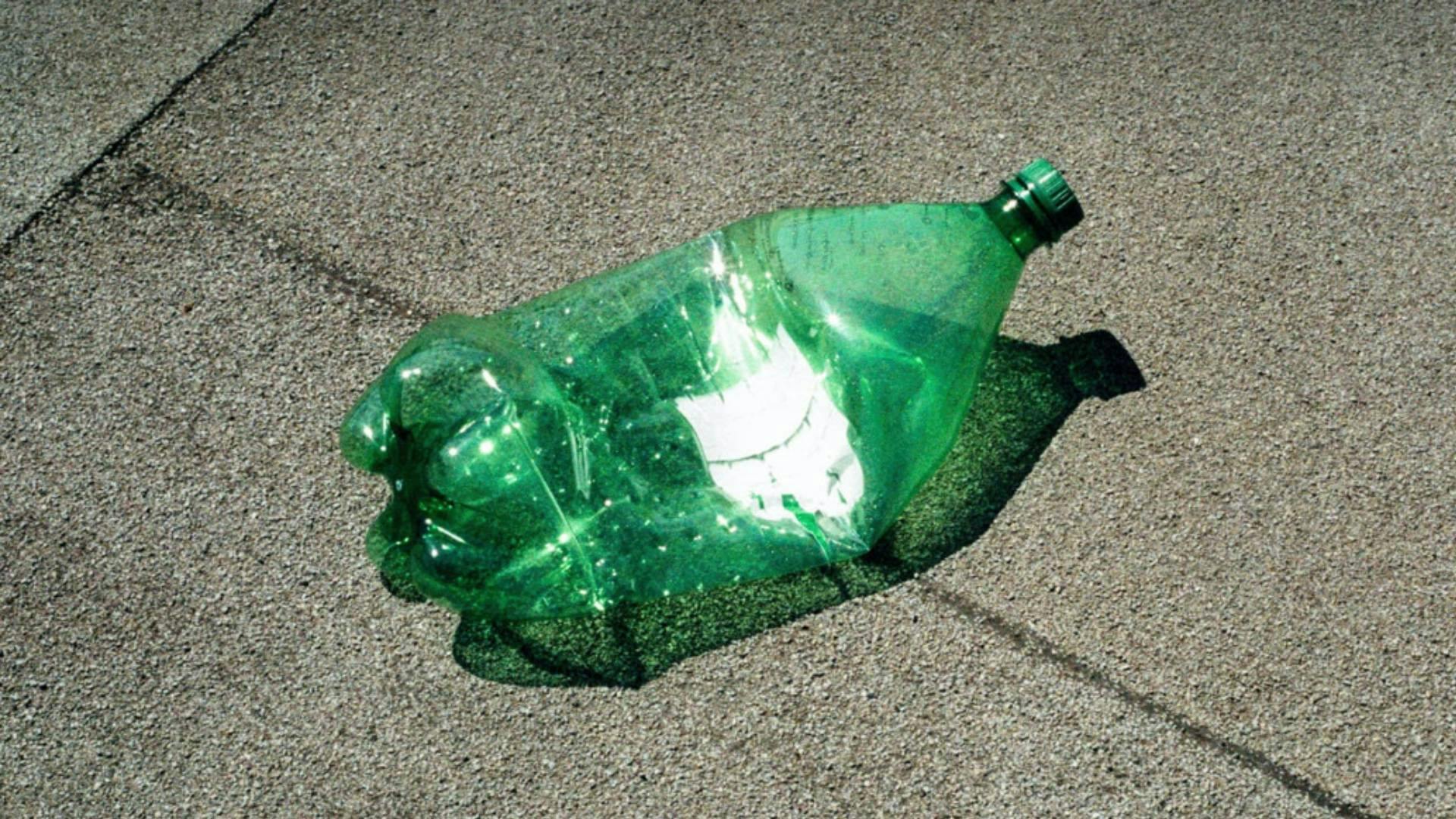An Environmentally Friendly Service with Many Options
March 8 | BY PÅ(FYLL)™

The study, which was carried out by NORSUS on behalf of Orkla Home & Personal Care, aimed to evaluate the environmental impact of packaging in a future circular system, compared to possible alternatives. This included the assessment of reusable packaging versus conventional single-use packaging and alternative approaches within the circular system. Here you can read a summary of the report.
The Life Cycle Assessment report assessed environmental impacts such as climate change potential, ozone depletion potential, acidification potential, eutrophication potential, abiotic depletion potential (fossil) and abiotic depletion potential (element). The main focus was on the climate change potential.

The results were analyzed for packaging raw materials, transport to retail, "last mile" transport and disposal of packaging materials after use. Orkla Home & Personal Care supplies products via two routes: conventional single-use packaging through retail and replenishment of reusable packaging with home delivery.
The main findings include:
- Use and Lifecycle: Reusable packaging significantly reduces environmental impact, with a reduction of up to 80% compared to single-use packaging. The average number of reuse cycles before the packaging exits the value chain is estimated to be 10.
- Analysis of Climate Impact: For single-use packaging, "last mile" transport is the most impactful factor. Changes in raw materials and final disposal have limited effects. Reusable packaging reduces climate impact significantly (65-80% reduction) compared to single-use packaging.
- Sensitivity and Parameter Analysis: Transport, especially "last mile" transport, significantly influences the environmental impacts for both single-use and reusable packaging. Return rates for reusable containers and consumer return and recycling rates have a major impact on environmental effects. High return rates and proper handling of reusable packaging are crucial for maintaining low emissions.
The report concludes that the climate impact from the refilling process of reusable packaging is minimal compared to other parts of the value chain, such as raw materials and transportation. Reusable packaging exhibits significantly lower climate impact than single-use alternatives, even though the consumer return rate is crucial to maintaining this advantage.
Want to read the entire report? Send us an email and ask for it.




















